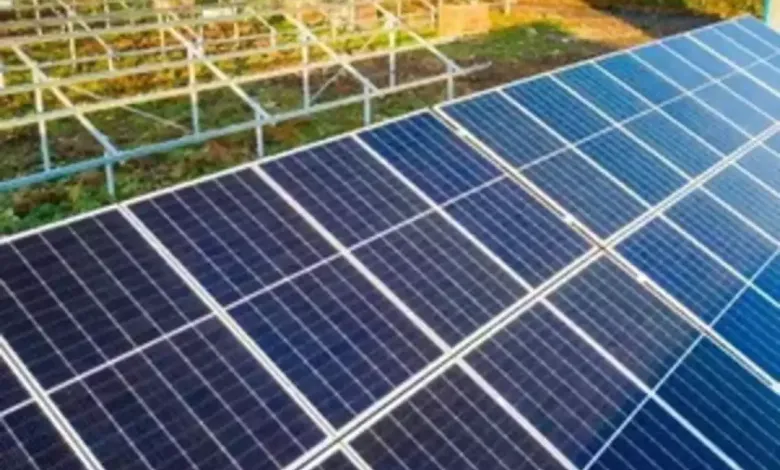
In Short : Maharashtra CM Devendra Fadnavis urged officials to fast-track solar power projects while ensuring quality standards, aiming for energy self-sufficiency. Highlighting solar energy’s role in agriculture, industry, and power generation, he proposed future public listings for electricity firms. Fadnavis also emphasized strengthening mechanisms to resolve complaints, aligning with Maharashtra’s renewable energy and sustainable development goals.
In Detail : Mumbai – Chief Minister Devendra Fadnavis on Saturday highlighted the importance of solar energy in advancing Maharashtra’s agriculture, power generation, industry, and service sectors. He ordered officials to ensure quality while expediting solar power project work in Maharashtra.
The directives were issued at a meeting of the Maharashtra State Electricity Board’s Board of Directors, chaired by Fadnavis today.
The Chief Minister said that Maharashtra aims to achieve energy self-sufficiency and emphasized the need to improve the condition of all electricity-related companies. He proposed enhancing public participation by considering the listing of these companies in the future.
Fadnavis also instructed officials to strengthen district and divisional-level mechanisms to address complaints about companies operating under the energy department within a stipulated timeframe.
The meeting was attended by Minister of State for Energy and Vice Chairman of the Board Meghna Bordikar, Secretary to the Chief Minister Shrikar Pardeshi, Managing Director of the company Abha Shukla, Directors Lokesh Chandra, Radhakrishnan B, and Anudeep Dighe, along with Independent Directors Vishwas Pathak and Neeta Kelkar, and other senior officers.
In contrast, the National Green Tribunal (NGT) has sought a response from the Union of India and other respondents regarding a plea addressing the improper disposal and recycling of photovoltaic (PV) solar panels.
The issue was raised through a letter petition highlighting the environmental risks posed by discarded solar panels and the urgent need for an organised system to manage their safe disposal.
As solar panels gain popularity, particularly in rural areas, concerns about their safe disposal have grown, underscoring the importance of addressing this challenge.










